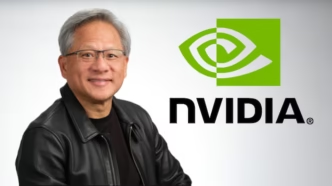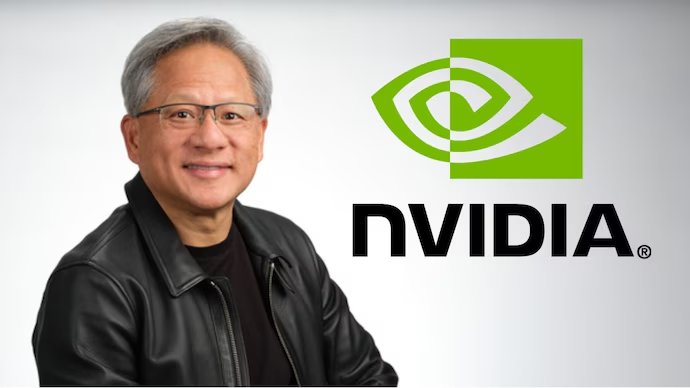Chinese tech giants are racing to secure H20 AI chips from Nvidia as new U.S. export restrictions loom. Reports from The Information indicate that major companies such as ByteDance, Alibaba, and Tencent have collectively placed over $16 billion in orders for Nvidia’s cutting-edge chips in the first quarter of this year.
This massive order surge represents a crucial opportunity for Nvidia, but only if it can deliver before the new ban takes effect. Last year, Nvidia earned $17 billion in sales from China, accounting for around 13% of the company’s total revenue.
Sources familiar with the situation revealed that these companies, including ByteDance, Alibaba, and Tencent, have committed to purchasing at least $16 billion worth of Nvidia’s H20 server chips. These chips are vital for running artificial intelligence applications, and the orders come just ahead of a potential U.S. ban on the sale of this technology to China.
The H20 chips have become a key asset for Chinese firms, especially after the U.S. imposed new regulations in October 2023, limiting the export of Nvidia’s more advanced processors. Currently, the H20 remains the most powerful chip available to Chinese companies, making it highly sought after in the region.
According to Reuters, Nvidia’s CEO Jensen Huang has expressed confidence that the company won’t face significant short-term setbacks. However, Nvidia is also looking to adjust its production strategy in the long term, with plans to shift more of its manufacturing back to the United States.
Despite this, there are concerns over potential supply chain issues. In March, H3C, one of China’s leading server manufacturers, warned that shortages might occur. Other major partners in China, including Inspur, Lenovo, and xFusion (a Huawei spin-off), are also crucial in facilitating the distribution of Nvidia’s AI chips.
This high demand comes in the wake of rising competition in China’s AI sector, driven by Chinese startups like DeepSeek, which aim to offer affordable AI models powered by Nvidia’s chips. As the U.S. government intensifies its efforts to limit China’s access to advanced technology, including semiconductors, the tech giant’s sales to the region remain a significant aspect of Nvidia’s bottom line.
The broader geopolitical context reveals that the U.S. aims to restrict Chinese access to technology with military applications. Former U.S. President Donald Trump even proposed a 25% tariff on semiconductors and related products earlier this year. These actions could further disrupt the tech supply chain, even as Chinese companies scramble to secure essential hardware before the restrictions tighten.
In the face of these challenges, China remains a vital market for Nvidia, with the company reporting $17.11 billion in revenue from China and Hong Kong for the fiscal year 2025.













